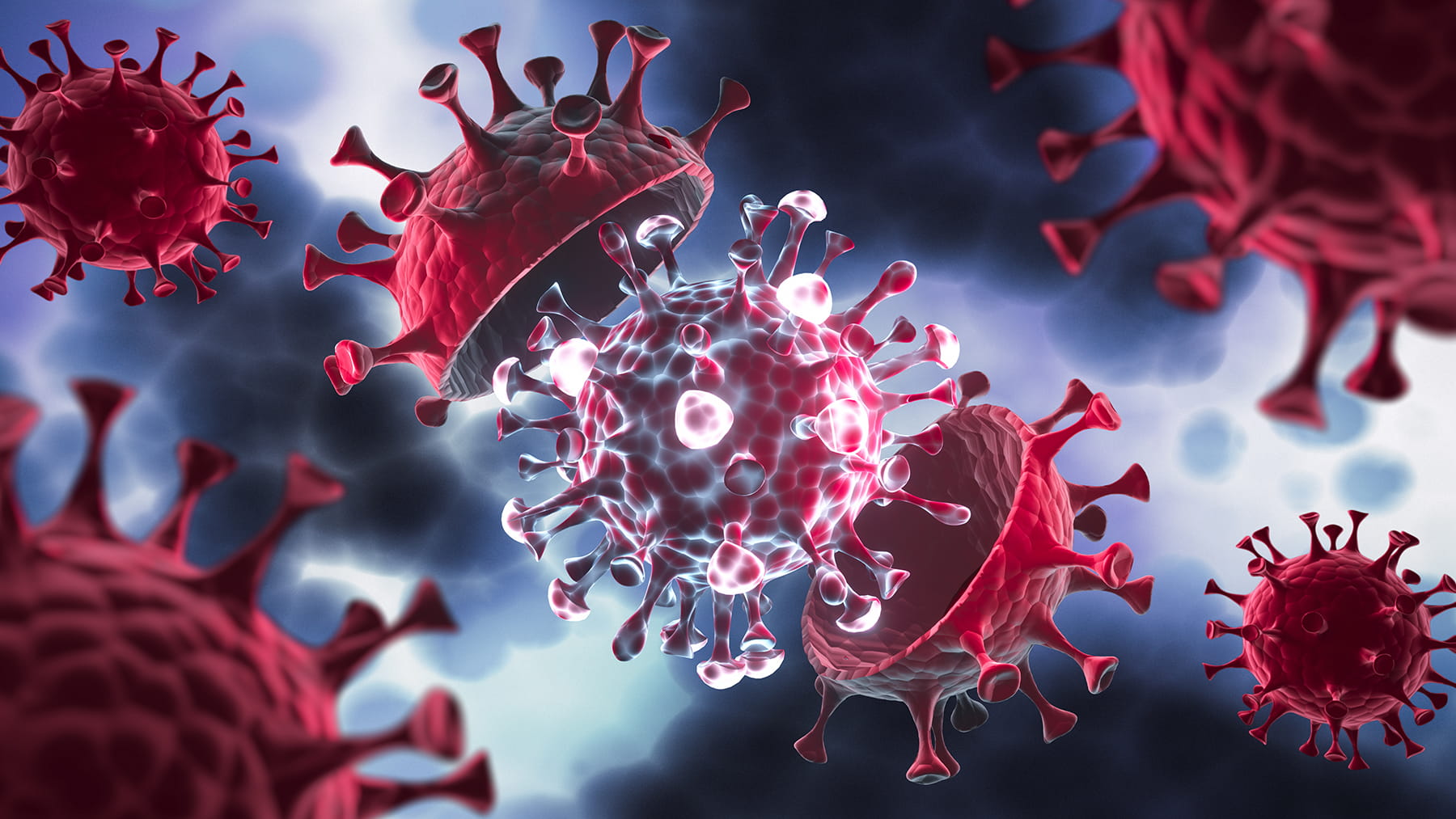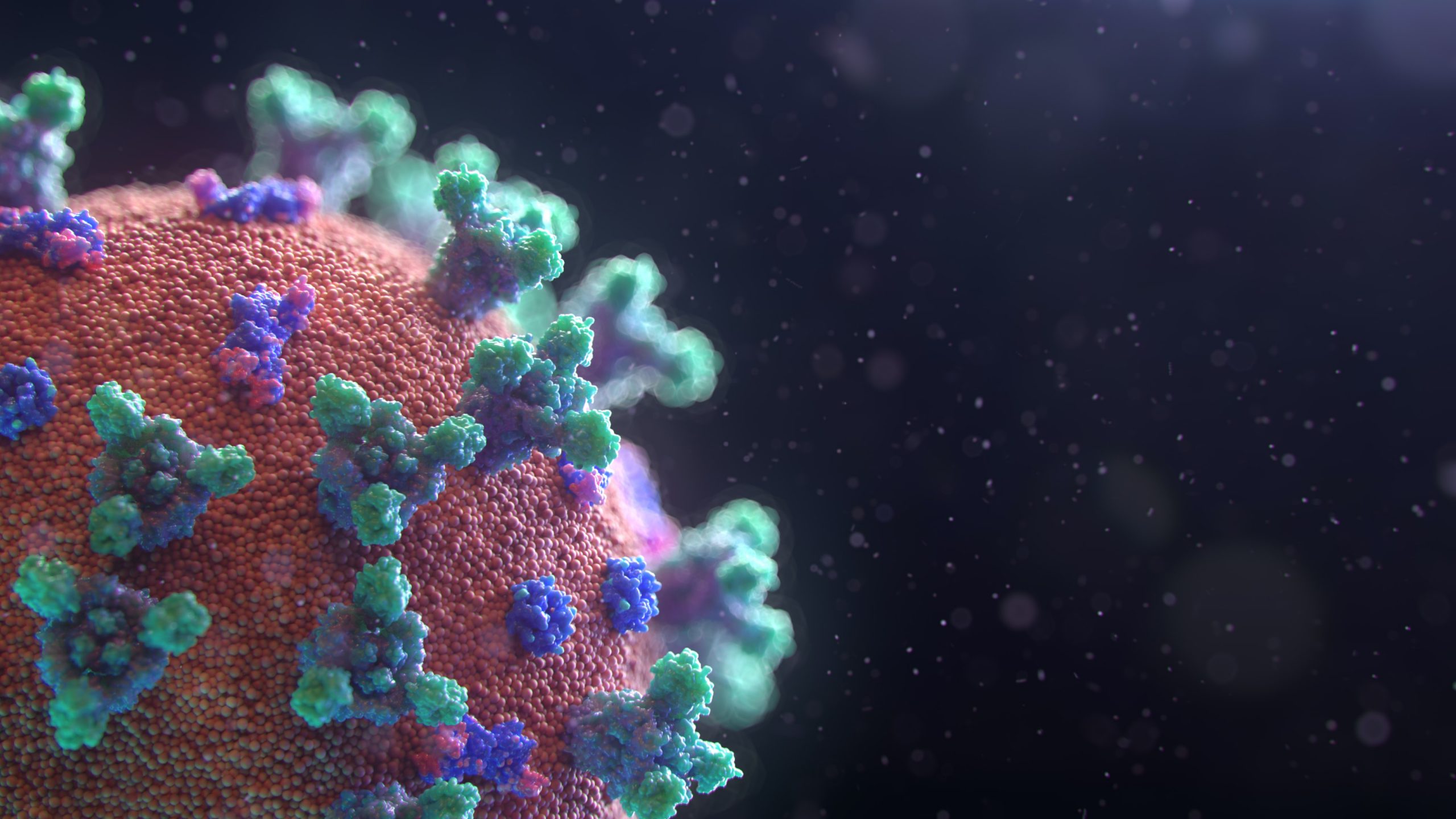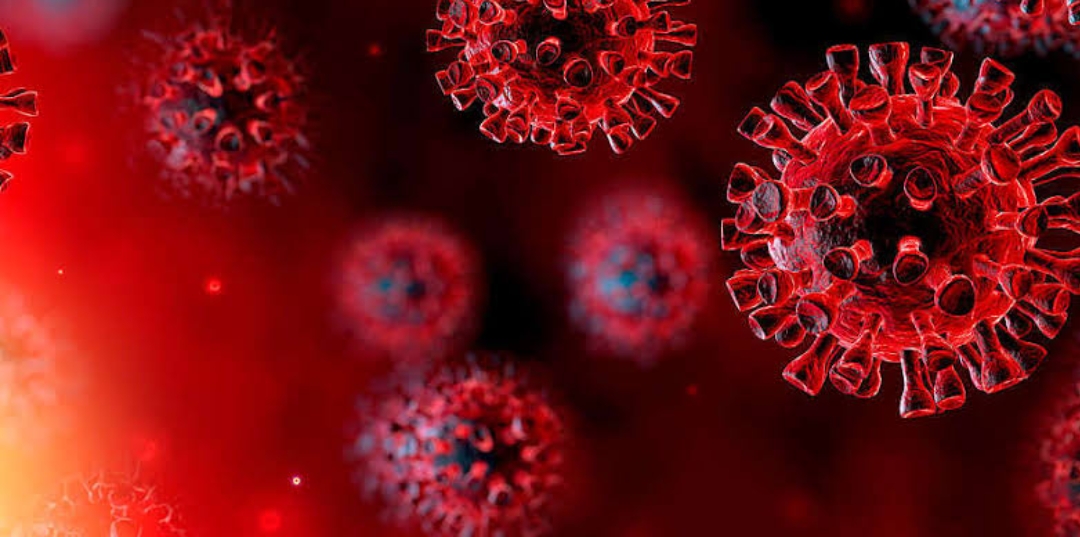
How the black fungus in India is affecting Covid patients
The black fungus also known as Mucormycosis is a rare but a deadly fungal infection. It is commonly caused by the mucor found in soil, manure and decaying fruits and vegetables. It enters through sinuses and affects the nose, the eyes (vision) and then the brain. The second wave of COVID-19 pandemic has seen a rising number of cases of Black Fungus in India, especially in immunocompromised individuals and diabetic patients who are recovered or recovering from COVID-19. This is due to the use of cheap and unhealthy steroids to build up the body’s defenses against the SARS-CoV-2 infection. Doctors suspect that the administration of steroids, a life-saving treatment for severe and critically ill Covid-19 patients, may be triggering mucormycosis, which has a 50% overall fatality rate. Steroids appear to help prevent some of the harm that can occur when the body's immune system goes into overdrive to fight the coronavirus by reducing inflammation in the lungs. However, in both diabetes and non-diabetic Covid-19 patients, they lower immunity and raise blood sugar levels. This loss of immunity is assumed to be the cause of the mucormycosis outbreaks.
Symptoms of the black fungus include a stuffy and bleeding nose, eye swelling and pain, drooping eyelids, blurred vision, and lastly, vision loss. Around the nose, there could be black patches of skin. Most of the patients arrive late, when they are already losing eyesight, and doctors must remove the eye surgically to prevent the infection from spreading to the brain. Around the states of India, the visits to eye surgeons have surged because the number of people losing their eyes due to the infection has increased.
This infection is a nightmare, especially for diabetic patients who were being treated at home for COVID-19. Two of the main reasons why this infection is spreading are:
- Overuse of inexpensive steroids – observed in cases when an excessive inflammatory response to Covid needs to be brought under control. Steroids suppress the immune system, making you more susceptible to secondary infections like black fungus.
- Use of ordinary tap water in flow meters of oxygen cylinders is also being blamed for such fungal infections. Cases may be triggered by "mold-tainted oxygen pipes and humidifiers".
Medical specialists are calling it a ‘pandemic within Covid-19 pandemic’. The severity and the frequency of black fungus in India during the second wave, compared to some cases during the first wave last year is buzzing around all over the country. An antifungal intravenous injection which costs 3,500 rupees ($48) a dose and has to be administered every day for up to eight weeks is the only drug effective against the disease. Another way to stall the possibility of the fungal infection was to make sure that Covid-19 patients - both in treatment and after recovery - were being administered the right dose and duration of steroids.



















